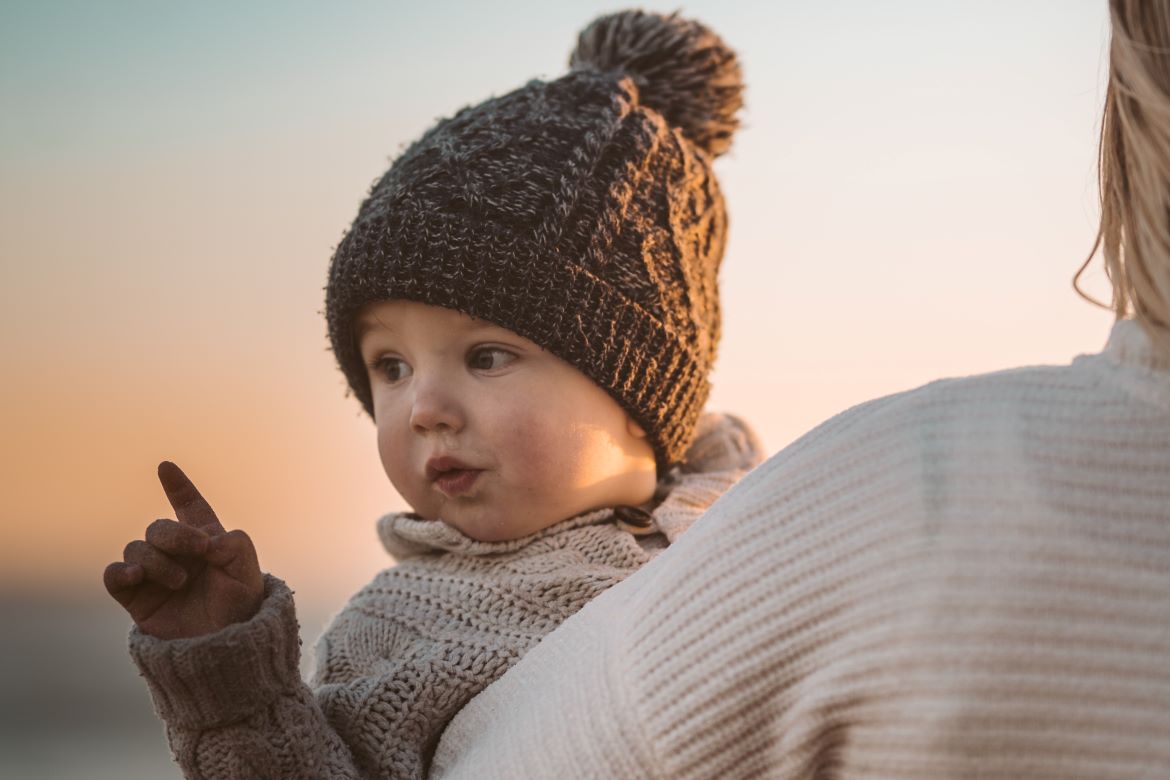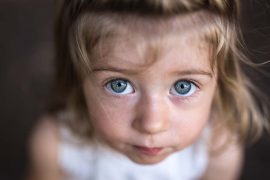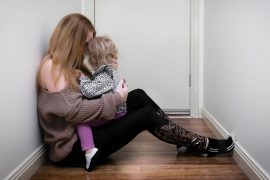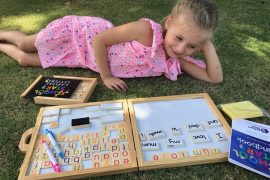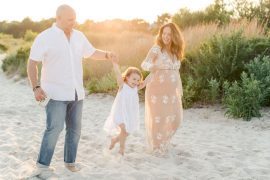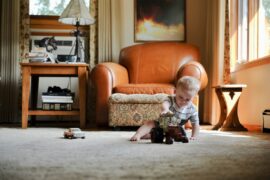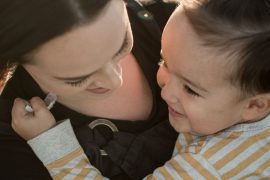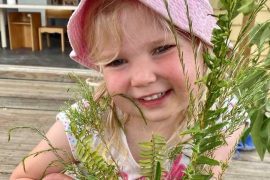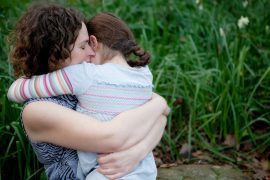By Rachel Tomlinson
Children are spontaneous and fun. They see the world through naïve eyes, with wonder and curiosity. However sometimes their innocent curiosity can be kind of awkward, or down right rude and embarrassing. Anyone with a small child will likely be able to recall face reddening experiences where their child has shouted (usually loudly and in a public place) a question or comment about someone in their vicinity. Usually their comments are focussed on appearance (including clothing choice, hair styles, skin colour, size, shape), abilities or behaviours they have witnessed and can sometimes be unwittingly unkind. “Hey Mummy, look at that lady’s dress, it’s so yucky!”, “Daddy how come that man is in a wheelchair?”, “That person is asking for money, how come?”.
I want to be really clear that our children aren’t (usually) intentionally unkind, they are just curious. They have noticed a difference between another person and themselves and they want to know more.
There is certainly a social taboo around the naming or identification of difference. We hush our children, growl at them, don’t answer their questions, walk away or sometimes all of the above. We intend to teach our children kindness by pretending they don’t see difference, but essentially, we are teaching them to ignore difference or, more distressingly, that difference is something to be ashamed of.
We don’t want our kids to ignore or turn a blind eye to difference because that can cause more harm than good. Just because a child stops asking about difference doesn’t mean they have stopped noticing, they just use imagination, bias or things they have overheard (within families or the wider community) to help them make sense of their world, which ultimately impacts on decisions and judgements about that difference. But staying quiet and not acknowledging difference or inferring that difference doesn’t matter also devalues the experiences of many groups for whom difference certainly does matter, and has impacted on their lived experience.
We humans are built to seek and notice others who are similar to us. It’s a biological and protective mechanism; we find groups of similar people so that we can join groups and be protected by large numbers.
It’s instinctive – even very small babies will seek and prefer faces similar to that of themselves and their caregivers. In equal measure, it means that we also notice and catalogue differences between ourselves and others. Our children are also natural detectives. They are constantly seeking to catalogue things in order to help them understand the world around them. They do this by comparing something new in their world against what they already know or understand, but more importantly they compare other people against themselves, how different or similar they are. This awareness or observation of difference isn’t discrimination. Variances do exist between us and other people, that’s a very simple fact…but it’s how we choose to respond to our observations and the intention behind those actions that is important.

